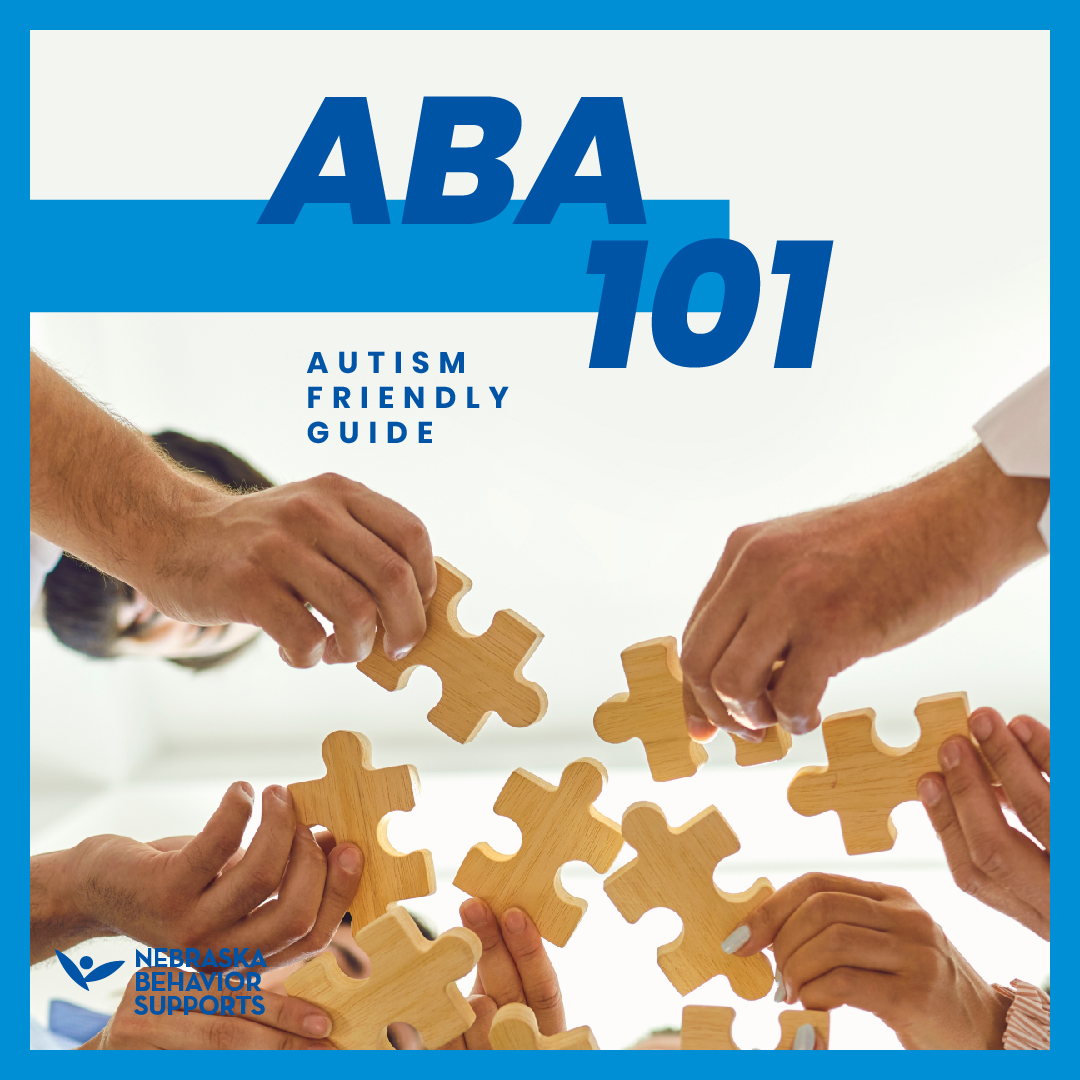Applied Behavior Analysis (ABA) therapy is a widely recognized and evidence-based treatment for individuals with autism spectrum disorder (ASD). It is focused on reinforcing positive behaviors and reducing problematic ones. Here is an overview of ABA therapy:
What is ABA therapy?
ABA therapy is a type of approach that uses an array of methods, such as positive reinforcement, shaping, and modeling, to teach new skills and reinforce existing ones. ABA therapists work with children or adults with ASD to set exact goals and aid them to attain those goals through structured and intense therapy sessions.
How does ABA therapy work?
ABA therapy is established on the principles of operant conditioning, which proposes that individuals learn new behaviors through the consequences of their actions. ABA therapists use positive reinforcement, such as rewards or praise, to boost the advancement of new skills and to maintain existing ones. They also use an array of methods, such as shaping and modeling, to aid individuals and acquire new skills.
Who can benefit from ABA therapy?
What can I expect from ABA therapy?
ABA therapy is typically provided in a structured and intense approach, with sessions taking place numerous times a week for a few hours at a time. Applied Behavior Analysis should take place with a diverse set of activities and set ups, with the goal of utilizing enough of each session to practice skills in natural settings. The therapist will try to set specific goals and will use a diverse set of techniques to help the individual reach those goals. You can anticipate to see improvement over time as the individual learns new skills and improves existing ones.
How can I support my loved one’s ABA therapy?
A few ways you can support your loved one’s ABA therapy:
- Motivate your loved one to take part in therapy sessions and provide positive reinforcement for their achievements.
- Aid your loved one to utilize the skills they acquire in therapy in real-world settings.
- Stick to the therapist’s instructions for reinforcing positive behaviors at home.
- Talk with the therapist about your loved one’s breakthrough and any worries that you have.
Is ABA therapy right for my child?
ABA therapy can be an efficient treatment option for many individuals with ASD, but it may not be perfect for all. It’s key to collaborate with your child’s healthcare provider and therapist to decide the best track of treatment for your child.
By understanding the basics of ABA therapy and taking an active role in supporting your loved one’s treatment, you can help them make progress and achieve their goals.
- Call Us: 402.252.8181
- Fax Number: 402.252.8787
- Corporate Headquarters: 1209 Harney St Suite #105, Omaha, NE 68102
Click here to talk with
a Care Specialist








